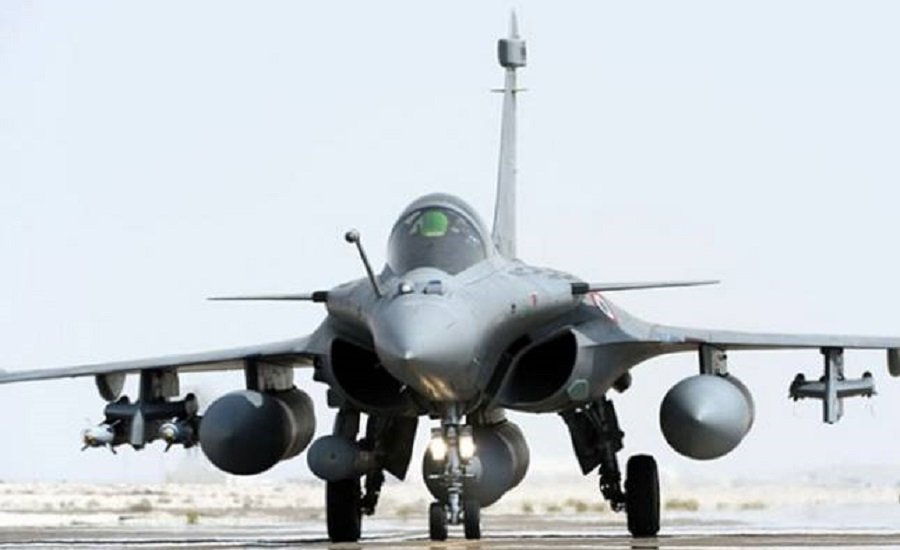
Mediapart alleged that Indian agencies did not pursue the case despite the existence of documents.
Team Clarion
NEW DELHI — Alleged fake invoices enabled Dassault Aviation, a French aircraft maker, to pay at least €7.5 million in kickbacks to a middleman to secure the ₹59,000 crore deal with India for 36 Rafale fighter jets, according to Mediapart, a French online journal.
The publication alleged that Indian agencies did not pursue the case despite the existence of documents.
“It involves offshore companies, dubious contracts and ‘false’ invoices. Mediapart can reveal that detectives from India’s federal police force, the Central Bureau of Investigations (CBI), and colleagues from the Enforcement Directorate (ED), which fights money laundering, have had proof since October 2018 that Dassault paid at least €7.5 million in secret commissions to middleman Sushen Gupta,” Hindustan Times quoted Mediapart in a report.
The publication had reported in April that a French judge was appointed to probe into the allegations of “corruption and favouritism” in the deal. It claimed that it has documents which show Dassault and its industrial partner Thales paid several million euros to “middleman” Gupta to secure the deal.
“According to an accounts spreadsheet belonging to Sushen Gupta, an entity called simply ‘D’, which is a code he regularly used to designate Dassault, paid €14.6 million to Interdev in Singapore over the period 2004-2013,” the report said.
Another report by Mediapart in April said Dassault paid €1 million to Gupta for manufacturing 50 large replica models of Rafale jets, even though the planemaker provided inspectors of French anti-corruption agency Agence Française Anticorruption no proof that these models were made.
India inked an $8.7 billion deal with the French government in 2015 to buy 36 Rafale jets replacing 2012 Congress-led United Progressive Alliance (UPA) government’s decision to buy 126 Rafale aircraft, 108 of which were to be made in India by the state-owned Hindustan Aeronautics Ltd (HAL).
The Indian government has declined to disclose details of the price citing confidentiality agreement with France and strategic reasons.
The Supreme Court also observed that it did not find anything wrong in the deal.

